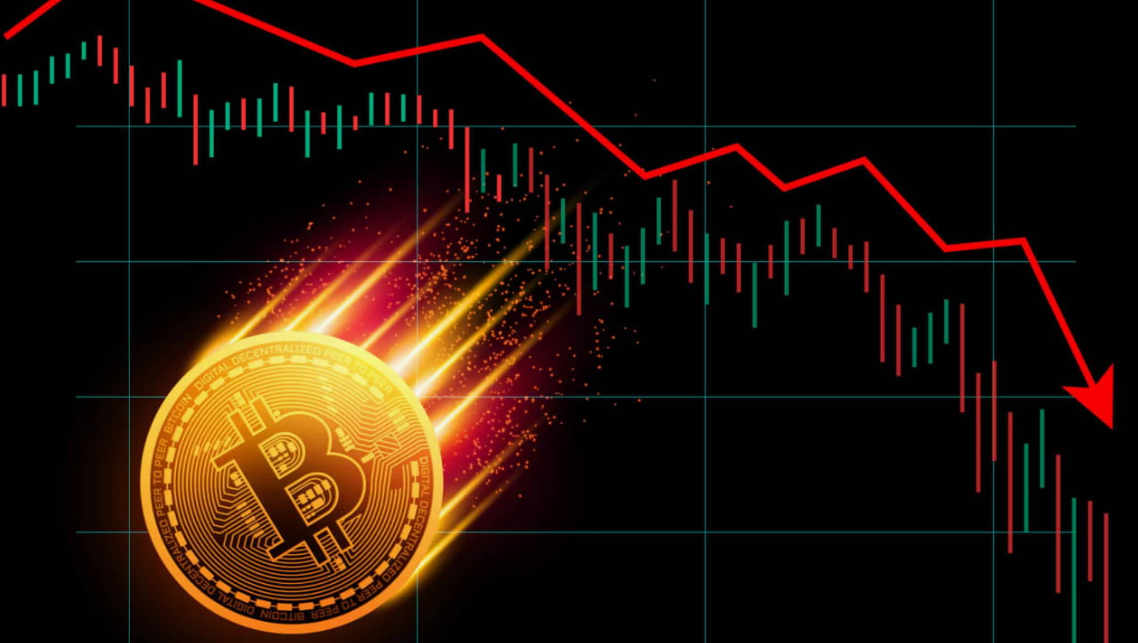When it comes to the world of commodities, there’s always something exciting happening. Whether it’s the glitter of gold, the swings in oil prices, or the unpredictable world of agricultural products, keeping track of these trends is crucial for traders, investors, and financial enthusiasts. Today, we’re diving into the fascinating commodities spotlight: gold, oil, and agricultural trends. Let’s explore what’s been happening, what’s next, and how tools like Fxpricing can help you stay on top of the game.
Why Commodities Matter in Financial Markets
Before we get into the specifics, let’s take a moment to understand why commodities are so important. Commodities are the backbone of the global economy. From the gold we invest in to the oil that powers our cars and the grains that feed the world, commodities touch every part of our lives.
Here’s why financial professionals pay close attention:
- Hedge Against Inflation: Commodities like gold are often seen as a safe haven when inflation rises.
- Market Volatility: Oil and agricultural products can see price swings that create trading opportunities.
- Diversification: Adding commodities to a portfolio can help balance risk.
Gold: The Timeless Safe Haven
Gold has been a symbol of wealth and stability for centuries. But how is it performing in today’s markets?
1. Gold Prices in 2023 and Beyond
- Recently, gold prices have fluctuated due to changing interest rates, inflation concerns, and geopolitical tensions.
- Central banks are still big buyers of gold, which supports its long-term demand.
Personal Insight: I think gold is like an old friend for investors. When things get uncertain, everyone runs back to it. And honestly, can you blame them? It’s solid, shiny, and never goes out of style.
2. What Drives Gold Prices?
- Interest Rates: When rates rise, gold often drops as investors turn to yield-bearing assets.
- Geopolitical Events: Wars, political instability, or economic crises often push gold prices higher.
Pro Tip: Use Fxpricing’s real-time charts to track gold’s movements. It’s perfect for spotting trends before they happen.
Oil: The Lifeblood of Modern Economies
Oil is the most traded commodity globally, and its price movements impact everything from transportation costs to inflation rates. Let’s see what’s happening in the world of crude.
1. The Rollercoaster of Oil Prices
- The last few years have been wild for oil. From the COVID-19 crash to the Ukraine conflict, prices have been on a seesaw.
- Demand is rising again as economies recover, but supply concerns and OPEC+ decisions keep traders guessing.
Hypothetical Example: Imagine you’re a trader watching OPEC’s announcement. They decide to cut production—boom, oil prices spike. If you’re quick, you could make a tidy profit. Fxpricing’s economic calendar can alert you to such events.
2. Factors Affecting Oil
- Global Demand: As countries industrialize, they consume more oil.
- OPEC Decisions: The Organization of Petroleum Exporting Countries (OPEC) controls much of the world’s oil supply.
- Alternative Energy: The shift to renewable energy could impact long-term oil demand.
Agricultural Trends: Feeding the World
Agricultural commodities like wheat, corn, and soybeans may not grab headlines like gold or oil, but they’re vital. Prices in this sector affect everything from grocery bills to global trade.
1. Climate Impact on Crops
- Unpredictable weather, from droughts to floods, significantly impacts agricultural yields.
- For example, if a major wheat-producing country faces drought, global prices could skyrocket.
Fun Fact: Did you know that coffee is one of the most traded agricultural commodities? Imagine starting your day without it!
2. Demand and Supply in Agriculture
- Rising Populations: More people mean more mouths to feed, driving up demand.
- Technological Advances: Innovations in farming can increase supply, stabilizing prices.
How Fxpricing Helps You Stay Ahead
In the fast-paced world of commodities, having access to accurate and real-time data is essential. That’s where Fxpricing comes in. Here’s how it can be your secret weapon:
- Real-Time Data: Track live prices for gold, oil, and agricultural products with ease.
- Historical Data: Analyze past trends to forecast future movements.
- Live Charts: Visualize price changes instantly.
- Economic Calendar: Stay updated on key events like OPEC meetings or crop reports.
- APIs for Integration: Perfect for traders and financial institutions wanting to integrate data into their platforms.
Personal Opinion: I’ve used a lot of tools, but Fxpricing stands out for its user-friendly dashboards. Whether you’re a beginner or a pro, it’s got something for everyone.
What’s Next for Commodities?
So, where are we headed? Honestly, it’s hard to say. Commodities are influenced by so many factors—global politics, technological advancements, and even the weather. But one thing’s for sure: they’ll remain a critical part of financial markets.
For traders, the key is staying informed. Use reliable tools like Fxpricing, keep an eye on trends, and don’t be afraid to take calculated risks.
Tips for Trading Commodities
Trading commodities can be tricky, but here are some tips to get started:
- Understand the Market: Know what drives prices for the commodity you’re trading.
- Follow the News: Events like a new trade deal or an OPEC decision can move markets.
- Use Stop-Loss Orders: Protect yourself from major losses.
- Diversify: Don’t put all your money into one commodity.
Final Thoughts
Gold, oil, and agricultural products might seem worlds apart, but they’re all crucial to global markets. Whether you’re looking for stability, volatility, or long-term trends, there’s something for everyone in the commodities spotlight. And with tools like Fxpricing, staying informed has never been easier.
So, what’s your favorite commodity to trade or invest in? Share your thoughts in the comments!
FAQs
Q: Why is gold considered a safe haven?
A: Gold is seen as stable and reliable, especially during times of economic uncertainty or inflation.
Q: What factors affect oil prices?
A: Oil prices are influenced by global demand, OPEC decisions, geopolitical events, and shifts toward renewable energy.
Q: How do weather conditions impact agricultural commodities?
A: Extreme weather like droughts or floods can reduce crop yields, causing prices to rise.
Q: Can I track commodity prices in real-time?
A: Yes, platforms like Fxpricing provide real-time data and charts for commodities.Q: Is trading commodities risky?
A: Like any investment, trading commodities carries risks. It’s important to stay informed, use reliable tools, and manage risks carefully.





